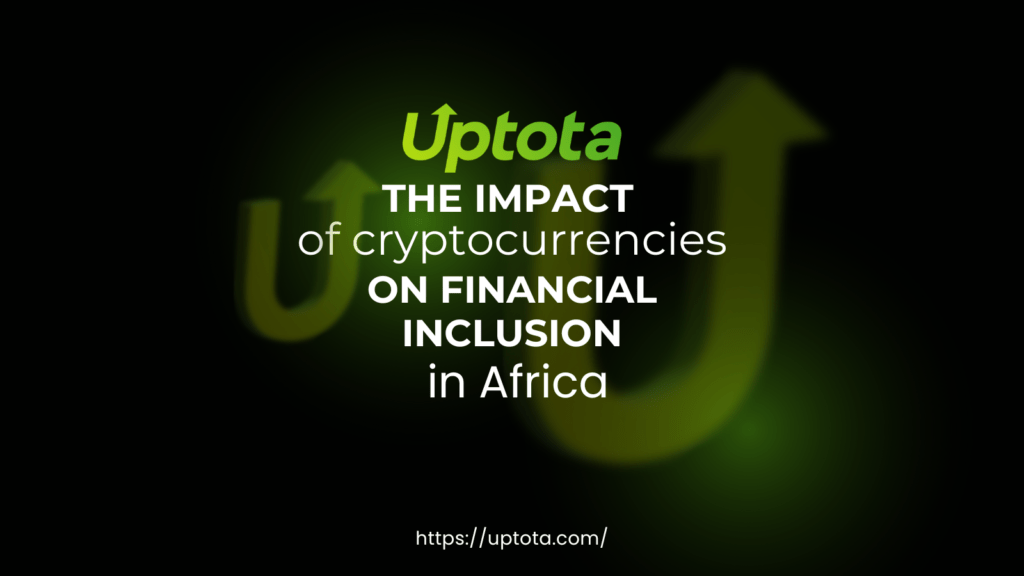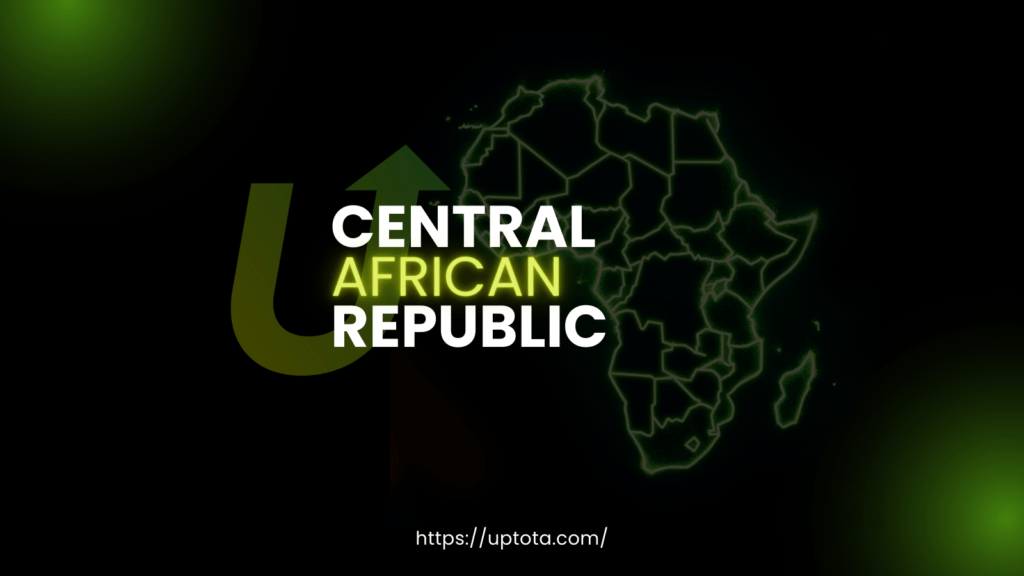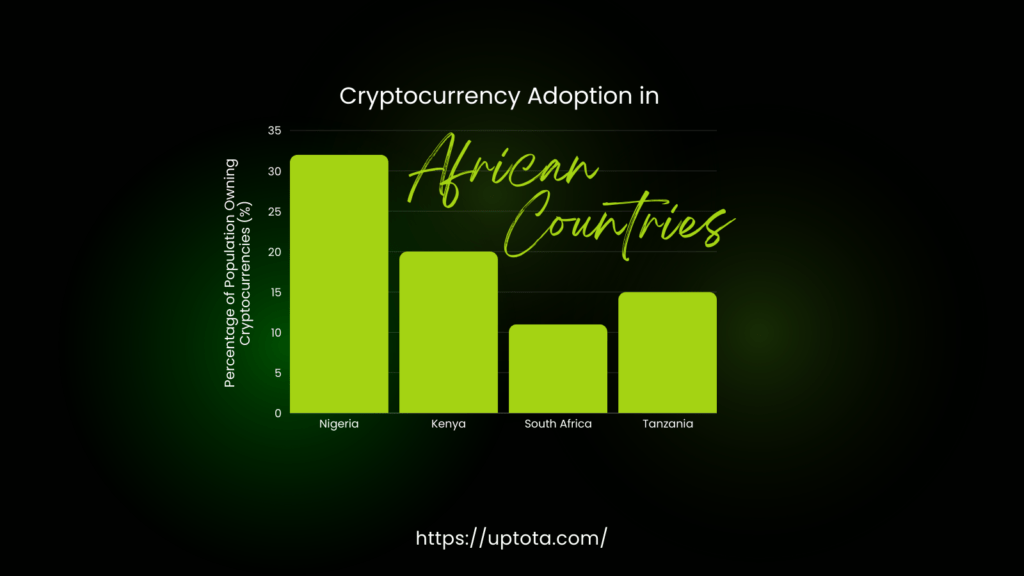Africa is on the verge of a digital revolution. Cryptocurrencies and the blockchain technology behind them could play a major role in this. People often only think of blockchain in terms of finance and currencies, but the possibilities are much greater. This technology could greatly improve the education system in Africa. It makes knowledge more accessible, promotes transparency and creates new learning opportunities.
The education sector in Africa: challenges and opportunities
Africa has a young and rapidly growing population. This presents Africa with new chances, especially in the field of education. Many regions have large potential to improve school and university access fast and reliable. Local education can be improved fast and the progress in the early stages will be visible even faster. More teachers and more modern teaching materials will conclude in a much better educated population in just a few years.
This educational potential can be fulfilled by having a better financial structure in Africa.
This is where cryptocurrencies and blockchain come into play. These technologies have the potential to revolutionize the African education landscape. They not only reduce financial barriers, but also support creative educational models.
How cryptocurrencies can improve access to education
Cryptocurrencies such as Bitcoin and Ethereum could be a solution to many financial problems in Africa. Many people have no access to bank accounts or financial services. They are also called the “unbanked population”. Cryptocurrencies enable people to participate in economic life even without a bank account. This could also increase educational opportunities because parents and students could pay for their children’s education with cryptocurrencies.
Another example is decentralized platforms that offer learning content via blockchain technology. Users can purchase or participate in educational courses using cryptocurrencies. The learning materials are then stored securely and decentral on a blockchain, which increases the transparency and authenticity of certificates and degrees.
Blockchain: Transparency and trust in the education sector
One of the biggest problems in the African education system is the lack of transparency. Corruption, fraud and the falsification of educational certificates are unfortunately much common. This is why blockchain technology, as a trusted network that stores data in an immutable way, can make a big difference.
Blockchain technology can help to store educational qualifications, certificates and other academic achievements on an immutable digital platform. This means that students can present their qualifications and certificates securely and transparently, without the risk of forgery. Employers, universities and other educational institutions could access these platforms and verify the authenticity of the qualifications. This would strengthen trust in the education system.
Uptota is leading the way with strong moves in this direction. We at Uptota are working in Africa to develop blockchain-based solutions for the humans. Uptota provides a platform where academic certificates and degrees from various African educational institutions can be stored securely on the blockchain. This not only creates transparency, but also makes it easier for students to use and prove their qualifications across national borders.
Decentralized education platforms: learning without borders
Blockchain can also help to make education easier and more accessible. Most education systems are centralized and difficult to access, especially in rural areas of Africa. Decentralized platforms based on blockchain technology could revolutionize access to education by making learning content available globally.
Uptota’s academy can provide educational opportunities using smart contracts. Students automatically receive certification on the blockchain after successfully completing a course. This means that certificates are distributed automatically and securely, eliminating the need for bureaucracy and ensuring the authenticity of the certificates.
Such platforms could also promote peer-to-peer learning, where learners can interact directly with each other, exchange materials and learn from each other. This would be particularly beneficial in remote regions of Africa, where there are limited qualified teachers. It would also improve interpersonal relationships among the African population.
Cryptocurrencies and micropayments for education
Another advantage of blockchain technology is the ability to make micropayments. These can be processed in cryptocurrencies and make education more flexible and accessible. In many African countries, it is difficult for families to raise large sums of money at once for school or college fees. However, with micropayments, students could pay smaller amounts in cryptocurrencies to purchase learning modules or educational resources as needed. This could not only ease the financial burden on many families, but also make access to education more flexible.
Conclusion: Blockchain and cryptocurrencies as catalysts for education in Africa
The spread of cryptocurrencies and blockchain technologies in Africa could profoundly change the education sector. By reducing financial hurdles, creating more transparency and opening new learning opportunities, these technologies can help to ensure that more people have access to good education. Projects like Uptota are already demonstrating how to use blockchain in education to create secure and trustworthy learning platforms. Be a part of Africa’s revolution and join us at Uptota now: https://uptota.com







